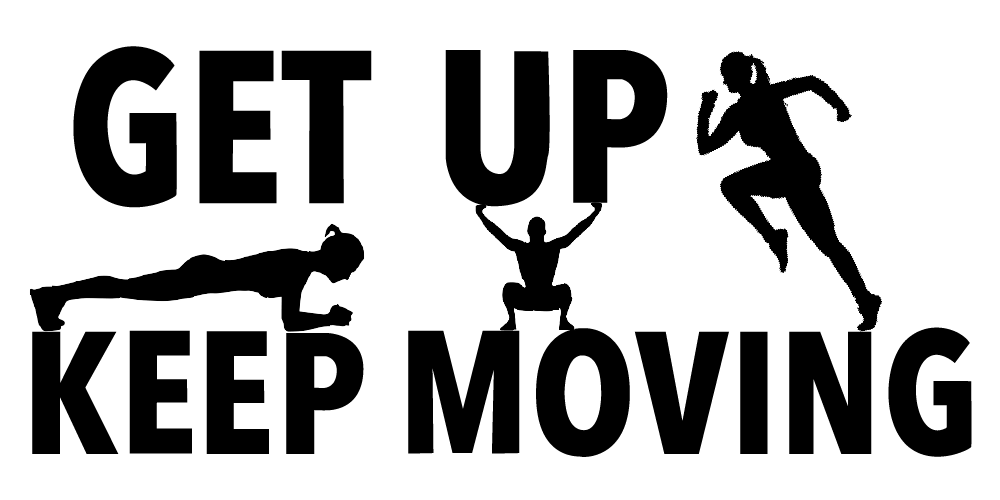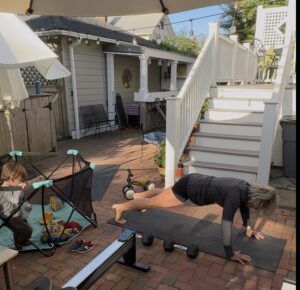Hormones run the show. Not just sex hormones-ALL 50 of them.
When there’s stress on the systems, the endocrine system kicks in to do its jobs.
Stress is affecting us from everywhere – weather, the food we eat (or don’t eat), hydration, how much sleep we get, our relationships, our jobs, and yes, training and exercise. Hormones regulate the functions of the body. Hormone production is intended to keep things humming along, and can help us function and feel great … or horrible. It’s a symbiotic relationship between body and hormones. Demands are placed on the body, the hormones respond, we respond to the hormones, and they respond back.
I love, love when a client is motivated and pumped to train, but more and harder is not necessarily better. I’ve talked with clients about overtraining syndrome because I know personally how overtraining can sneak up and derail a training program. When I was training to race my bike I had a great coach who included “ride to the coffee shop” on my training calendar. Sometimes a training day was only “foam roll”. Recovery days are essential to a successful training plan, but I was so psyched to ride and train, and I felt like I was getting so strong and fast…until I suddenly wasn’t. Even if you’re feeling great, be conscious and intentional about the volume and intensity of your training, and listen to your coach!
How are you feeling after a number of challenging training sessions? Whether you’re training daily, or several times a week, the type of training, volume, and intensity will determine hormonal responses. Be aware of how you’re feeling, make mental notes, or keep a journal.
Signals like irritability, dreading a workout, sleep disturbances, as well as changes in performance are sending a message that you might be overtraining. Check if HR recovery is taking longer, if you can’t get the HR up in a workout or if it gets high and stays high. Is Resting Heart Rate elevated?
Athletes sometimes forget that it’s during recovery that we’re getting stronger, not during the workout itself. Recovery has to be built into every wko, with appropriate time calibrated to duration, sets and reps. The training program must include recovery weekly, monthly, and yearly.
So train smart, not more.




